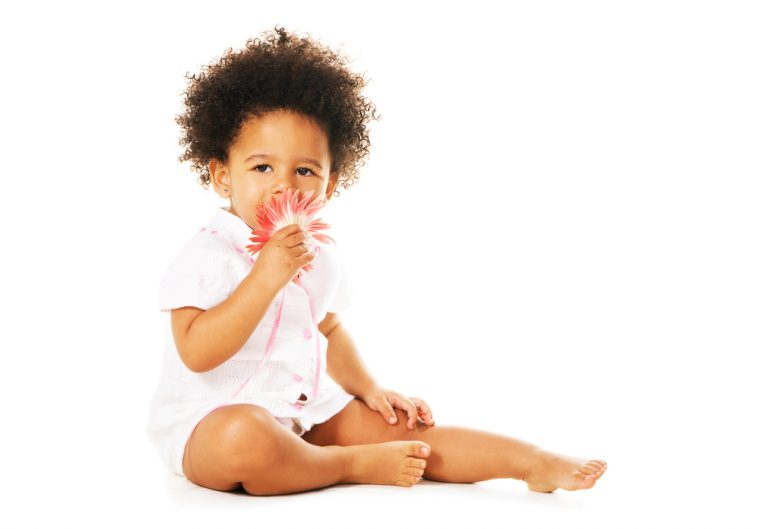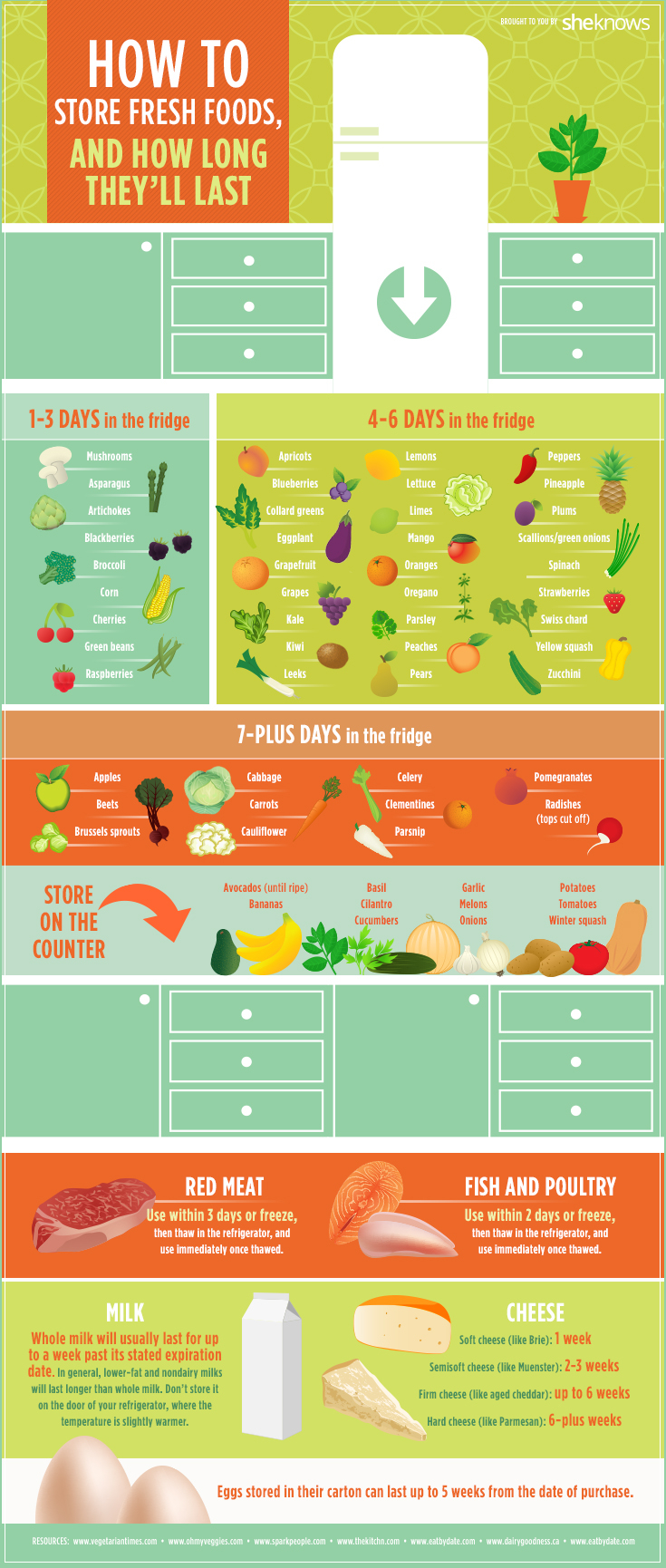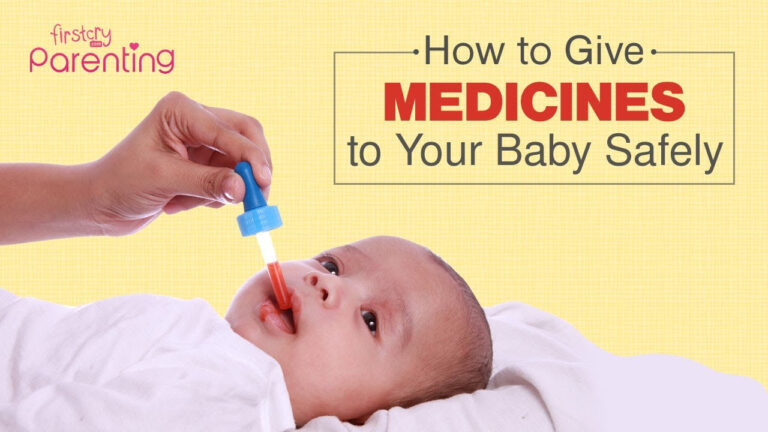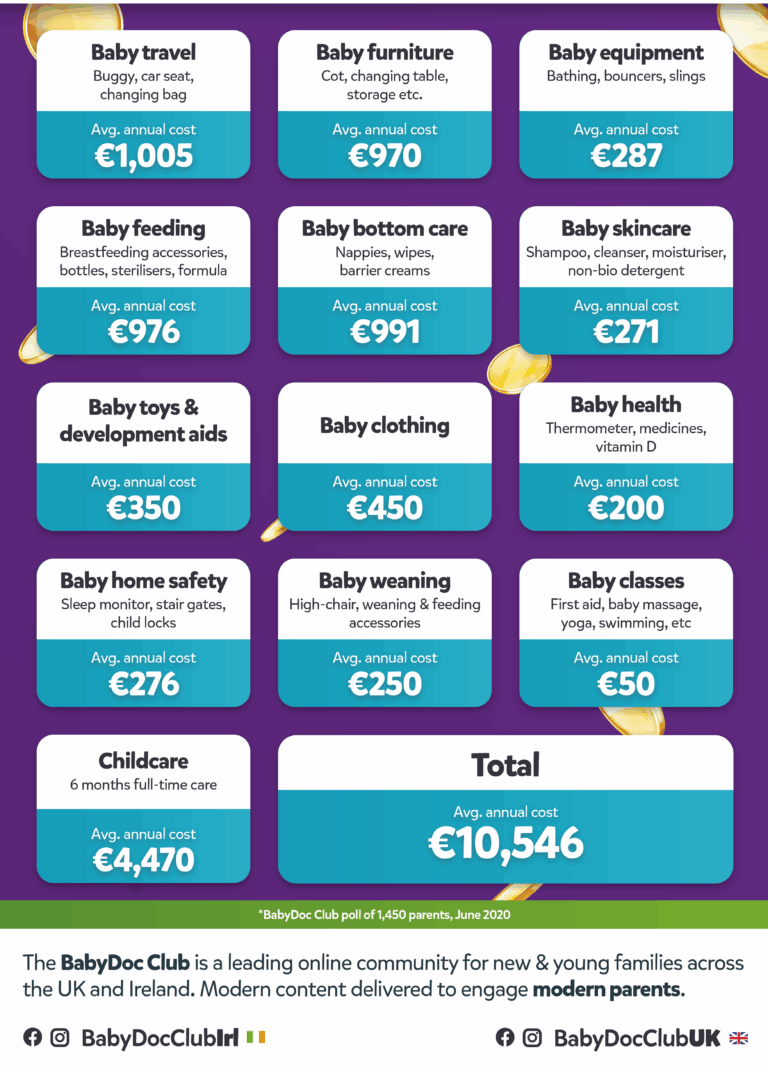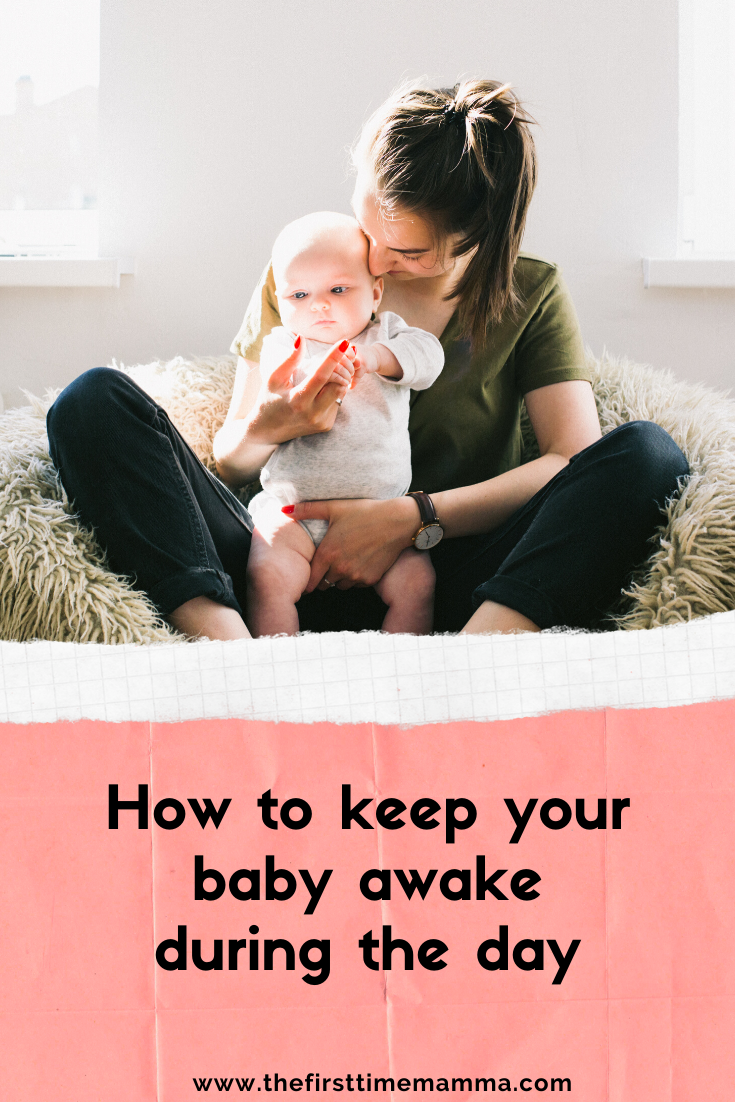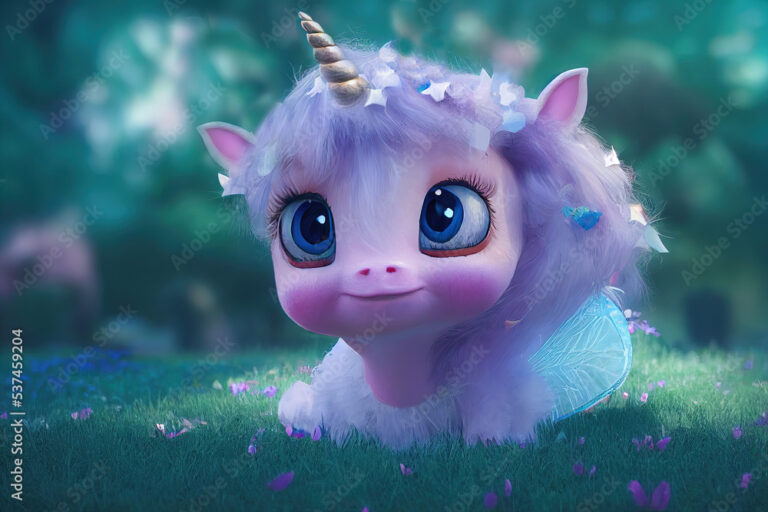What Is The First Sense A Baby Develops: A Comprehensive Guide
As parents, caregivers, or even curious individuals, we often wonder about the fascinating journey of a baby’s development. One of the most intriguing aspects is understanding the first sense that a baby develops. In this comprehensive guide, we will delve into the intricate world of a baby’s senses and explore what comes first in their sensory journey.
Knowledge
Before diving into the specifics of the first sense a baby develops, it is crucial to understand the overall development of a baby’s senses. From the moment a baby is born, their sensory system starts to awaken and evolve rapidly. Babies are born with all the necessary senses, but they require time to mature and sharpen.
Throughout the first few months of life, a baby’s senses begin to develop and become more refined. Each sense plays a vital role in how a baby experiences and interacts with the world around them. These senses include sight, hearing, touch, taste, and smell.
Research and scientific studies have shown that touch is the first sense that develops in a baby. Even before a baby is born, they can feel touch while in the womb. This early exposure to touch helps set the foundation for a baby’s sensory development.
Touch is a fundamental sense that provides babies with comfort, security, and a sense of connection to their caregivers. Through touch, babies learn to bond with their parents, communicate their needs, and explore the world around them. Skin-to-skin contact, cuddling, and gentle caresses are all essential ways to stimulate a baby’s sense of touch.
While touch may be the first sense to develop, the other senses are not far behind. Hearing is another sense that babies begin to develop early on. They can recognize familiar voices, sounds, and music, which helps them make sense of the auditory world.
As babies grow, their sense of sight also starts to develop. Initially, newborn babies have limited vision, but over time, they begin to focus on objects, track movements, and distinguish between colors and shapes. Taste and smell are senses that babies explore through their interactions with food and the environment.
Conclusion
In conclusion, understanding the first sense a baby develops provides valuable insight into the early stages of their sensory development. Touch emerges as the primary sense that shapes a baby’s perception of the world and forms the basis for their future interactions. By nurturing and stimulating a baby’s sense of touch, caregivers can foster a strong bond and promote healthy sensory development.
This guide is essential for parents, caregivers, and anyone interested in the intricate world of a baby’s senses. By recognizing the importance of touch and other developing senses, individuals can create a nurturing environment that supports a baby’s overall growth and well-being.
Ultimately, the journey of a baby’s sensory development is a remarkable and awe-inspiring process. By understanding the significance of the first sense a baby develops, we can appreciate the wonders of early childhood development and the profound impact it has on shaping a child’s future.
